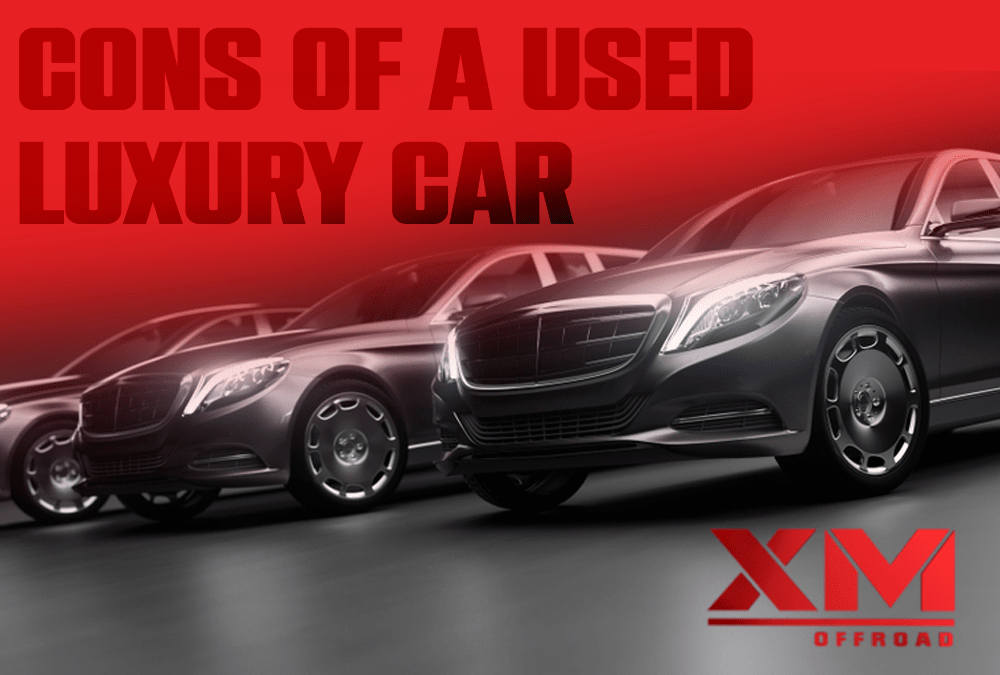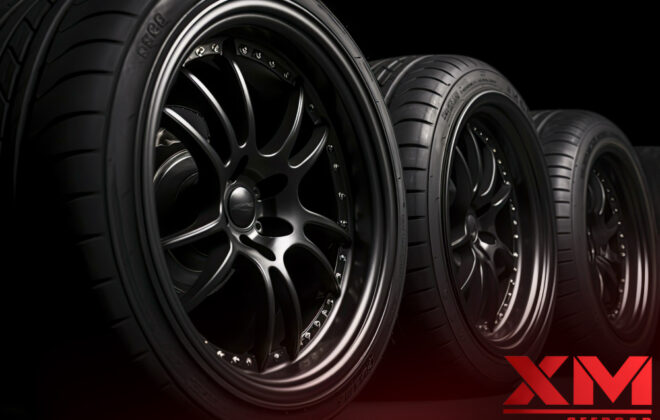
Planning to Buy Used Luxury Vehicle? Here are the Pros and Cons
There is no doubting that purchasing a used luxury car is one of the most prestigious symbols of accomplishment. Whether you prefer cars or SUVs, everyone understands that the manufacturer’s mark on the hood and inscribed across the trunk is what matters most. Aside from symbolism, luxury cars are loaded with high-tech gadgets and high-speed engines, making them even more tempting to sports car enthusiasts and sleek aesthetic seekers. With each passing year, the threshold for cutting-edge luxury vehicles rises—and so do the prices.
Apart from the price, one of the most significant advantages of buying a used automobile is that you can get your chosen vehicle that would otherwise have been out of your grasp if you purchased a new car. This is especially true for luxury automobiles, which are only available to a small number of customers in the new car market but a significantly more significant number of purchasers in the used car market. So, if you’re considering entering the premium or luxury car industry through the used car market, here are some advantages and disadvantages to consider.
Pros of Buying Used Luxury Car
You Can Purchase Used Luxury Items.
Bargain hunters who want to live out their fantasies of owning a luxury automobile can do so with a used luxury car.
Whether you’re searching for a used Audi or a used Tesla in downtown Chicago, your chances of finding a dealer with exotic cars less than five years old for a quarter of the price are in your favor.
Safety
When looking for a new or used vehicle, you should prioritize doing the absolute bare minimum before moving on to more luxurious features. Yes, it can transport you from point A to point B, but is it safe?
When it comes to luxury automobiles, the answer is almost always yes. While manufacturers devote a great deal of time and effort to making your favorite BMWs and Jaguars bright and sporty, they are also worried about the safety of the passengers who ride in them.
Price
The main advantage of purchasing a used luxury car over a new budget car is that you get more car for less money. For the same money, you can get a premium vehicle. Anybody who has driven a Mercedes E Class knows that it is a far different experience than driving a Toyota, Honda, or Hyundai. This is possibly the most compelling reason to purchase a secondhand luxury vehicle.
Depreciation
Cars lose value every month and kilometer that passes, but the biggest loss occurs right away; certain models might lose 40% or more of their worth in the first year. It doesn’t degrade as quickly after that. For example, you may notice far higher depreciation in the four years you own the more affordable car than what you would in the four years you own the old luxury car.

Cons of a Used Luxury Car
Selling Is Tough
Luxury cars, as previously said, may not experience the wrath of car depreciation as swiftly as your average Honda or Kia. Still, it is a basic reality that all cars deteriorate.
As per off-road rims experts, the latest model will often be worth more, regardless of how many bells and whistles your automobile has. Fortunately, there has always been a market for secondhand luxury cars—and if you’re looking for one right now, you’re living proof!
More than enough car dealerships are willing to buy your luxury vehicle for resale. However, the problem of drastically reduced resale pricing can deter car owners from selling.
Make sure you understand your car’s value, from miles to engine condition, to ensure a good sale for both the seller and the buyer.
Cost of Repairs
Luxury automobiles are constructed with the highest standards in mind. That’s one of the things that draws people to them. However, quality comes at a cost. While luxury automotive components often live longer than mass-produced parts used during economy models, the expense of repair or replacement once they break down is generally much higher. So if you’re thinking about buying a used luxury car, you’ll need to figure in increased repair costs into your total cost of ownership.
The quantity of maintenance that is normally necessary while buying a secondhand car is a disadvantage. Because they’re older vehicles, they’ve probably logged many miles, so you’ll need to take them in for frequent checkups to make sure everything is working properly. Because luxury cars need more care than conventional vehicles, these maintenance excursions are also more expensive.
Luxury cars are considerably more expensive to repair whenever something goes wrong. This is because both components and labour cost is higher, though the precise amount varies by model. If you’re attempting to save money, this could be a huge drawback that ends up costing you money in the long run.
Fuel Efficiency Has Dropped
When automobile owners decide to spend a lot of money on a luxury vehicle, efficiency is usually the last thing on their minds. If you’re looking for a high-end vehicle, you already know this. Plush interiors, pillow-soft suspensions, and luxurious driving experiences are likely to entice you with more than perfect fuel economy. When shopping for a new car, consider that premium vehicles typically have heavier frames and larger, more powerful engines. That implies you’ll require premium gas more frequently than you would in a less-expensive vehicle.
Technology That Is Out Of Date
If there’s one thing the digital era has taught us, it’s that technology may become obsolete nearly as rapidly as it is launched. If you’re buying a five-year-old used luxury car, the cutting-edge technology it had when it was new is likely to be less stunning than the new technology that comes standard on more current models. This isn’t a significant deal for some people. However, if you’re a tech-savvy shopper, this could be a huge factor.
Author Bio
Morgan Ella is a brand strategist. She conducts in-depth research and competitive analysis. Moreover, she identifies buyer behavior and then utilizes that information to create business strategies that promote off road wheels and tires, increase business expansion, strengthen brand positioning, and increase profits.




